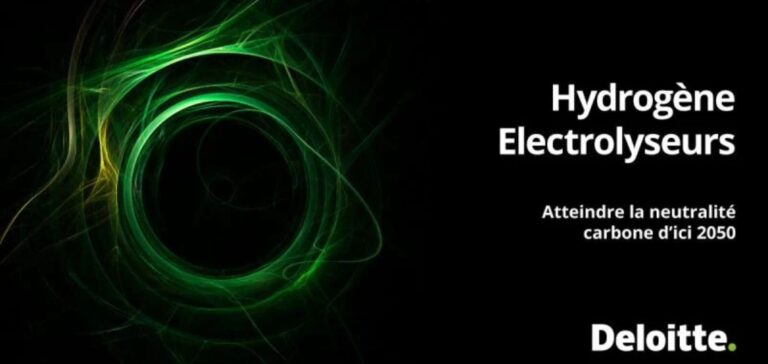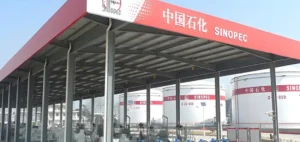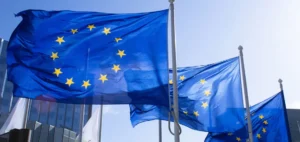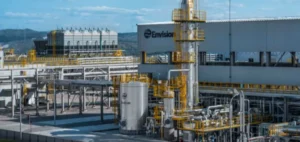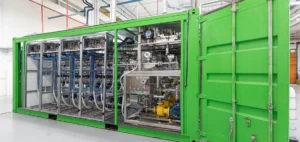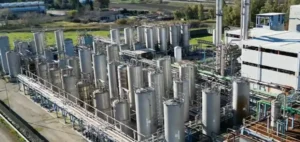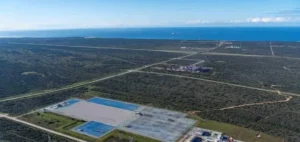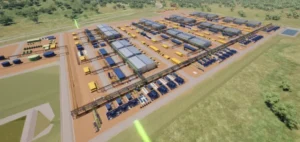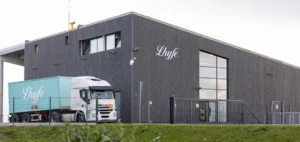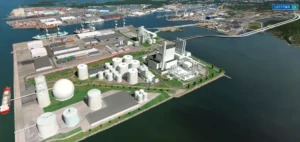Green hydrogen, produced by separating hydrogen atoms from water molecules using electric currents powered by renewable energy, is expected to help drive most of the growth, according to Deloitte’s new report “Green hydrogen: Energizing the path to carbon neutrality. Deloitte’s 2023 global green hydrogen outlook”, published today by the Deloitte Center for Sustainable Progress (DCSP).
Deloitte Report: The Opportunity of Green Hydrogen for Global Decarbonization
Global leaders can seize the opportunity offered by green hydrogen to rapidly decarbonize while investing in sustainable growth. While market growth is likely to be significant for industrialized economies, clean hydrogen represents a major opportunity for sustainable growth in developing countries, which, with targeted and significant investment, could account for almost 70% of the $1.4 trillion market by 2050 while supporting up to 2 million jobs worldwide each year between 2030 and 2050.
These projections come from Deloitte’s Hydrogen Pathway Explorer (HyPE) model, which offers one of the most comprehensive analyses of hydrogen supply worldwide. This research shows that clean hydrogen can reduce cumulative CO2 emissions by up to 85 gigatons by 2050, more than doubling global CO2 emissions in 2021.
Deloitte’s analysis provides in-depth details on the costs, production and market for hydrogen, and even analyzes the commercial challenges involved in successfully implementing clean hydrogen. It also provides information on various market dynamics, such as optimal infrastructure size, investment requirements and technology choices.
“This analysis reveals a compelling opportunity for private and public leaders to accelerate the transition to green energy,” said Joe Ucuzoglu, global CEO of Deloitte. “While wind, solar and other more traditional forms of renewable energy are essential for a net-zero emissions future, Deloitte’s research demonstrates how clean hydrogen can help decarbonize some of the world’s highest-emitting and hard-to-decarbonize sectors, further mitigating the effects of climate change while stimulating economic growth, particularly in developing countries.”
Interregional trade: key to maximizing the potential of clean hydrogen
Interregional trade is essential to unlock the full potential of the clean hydrogen market, supported by a diversified transport infrastructure. Regions capable of currently producing cost-competitive hydrogen in quantities exceeding national needs are already positioning themselves as future hydrogen exporters, supplying other less competitive regions and thus gently facilitating the energy transition.
It should be noted that global hydrogen trade is expected to generate over $280 billion in annual export revenues by 2050, with North Africa set to benefit the most ($110 billion per year) due to its high export potential.
“If policymakers and business leaders provide decisive support for the market, green hydrogen can surpass carbon-intensive hydrogen production in less than 10 years,” said Jennifer Steinmann, head of Deloitte’s global sustainability and climate practice. “Reducing our carbon emissions and the physical and economic damage associated with unmitigated climate change is a massive victory for nations and businesses. It represents a key pathway for the world’s developing countries to establish energy security and independence, enhance economic growth through the investment that will need to flow in, and collectively strengthen global growth and resilience.”
According to the report, major investments in the supply chain will be needed to optimize the global value of clean hydrogen. The report estimates that more than $9 trillion of cumulative investment is needed in the global clean hydrogen supply chain to achieve carbon neutrality by 2050, including $3.1 trillion in developing economies.
Deloitte: Investment in clean hydrogen can eclipse oil and gas production
“Money is not the issue, although the average annual investment over the period is significantly less than the $417 billion spent globally in 2022 on oil and gas production,” said Prof. Dr. G. G. K. K., Chairman of the Board of Directors. Prof. Dr. Bernhard Lorentz, Founding Chairman of DCSP and Sustainability and Climate Strategy Leader at Deloitte Global Consulting. “It’s simply a matter of redirecting investment to clean energy sources, and Deloitte is seeing a growing appetite in the global financial industry for significant investment.”
To achieve climate neutrality by mid-century, Deloitte’s outlook shows that the supply of clean hydrogen should reach around 600 MtH2eq by 2050. However, based on current announcements of clean hydrogen projects, the global community could only provide enough collective production capacity to meet a quarter of projected demand in 2030.
To develop a robust and equitable clean hydrogen economy to meet projected demand, the report recommends that decision-makers focus on three key components: Establishing the market fundamentals. Implement national and regional strategies to build market credibility, develop a robust, shared certification process for clean hydrogen to ensure transparency, and coordinate internationally to mitigate political friction and promote a level playing field. Stimulate action.
Establish clear targets and/or markets for clean hydrogen products, and offer targeted instruments such as tax incentives and subsidies to reduce the cost differential between clean and fossil technologies, and help companies integrate clean hydrogen into their value chains. Ensuring long-term resilience.
Diversify value chains, from trading partners to feedstock suppliers, to avoid costly bottlenecks in the transition to clean hydrogen, focusing specifically on improving infrastructure design for transport (pipelines and shipping routes) and storage (strategic reserves) of clean hydrogen products.
Deloitte creates a global platform for clean hydrogen investments: the Investment Corridor
Deloitte’s Global Hydrogen Center of Excellence: To help policymakers and business leaders plan and implement a clean hydrogen future, Deloitte has unveiled its Global Hydrogen Center of Excellence. The center is dedicated to supporting customers in the expansion of clean hydrogen and the achievement of large-scale decarbonization.
Through practitioners from Deloitte firms, the center plans to work with clients at all stages of market development, from consulting and sharing expertise to answer some of the most complex questions, to implementing solutions and supporting on-the-ground project delivery, to facilitating operations, such as resilient supply chains and infrastructure.
“Expanding Deloitte’s hydrogen-related offerings globally through the Center of Excellence is our latest effort to further support clients during this crucial energy transition and reflects Deloitte’s investment in sustainability and climate,” said Tarek Helmi, global hydrogen leader at Deloitte. “Deloitte’s research demonstrates the growth potential of the global hydrogen market, and Deloitte is committed to helping organizations transform their operations with a currently underutilized but efficient resource.”
Deloitte’s “Hydrogen Investment Corridor”: Deloitte has launched a “Hydrogen Investment Corridor” initiative aimed at establishing multilateral collaboration along key hydrogen trade and investment corridors, with an initial focus on Germany, Australia, Africa and Japan.
As a global platform, the corridor will bring together specialists from the public sector, industry and finance to accelerate investment in clean hydrogen value chains and facilitate the ramp-up of this emerging industry.
Through the Corridor Initiative, Deloitte will support the development of public policy, including hydrogen strategies for public authorities; provide economic and technical modeling skills to inform decision-making; and bring together different entities along the value chain to support consortia formation and large-scale investment.

